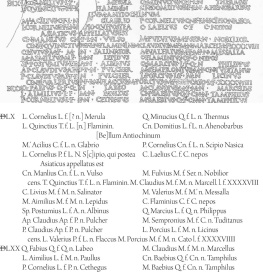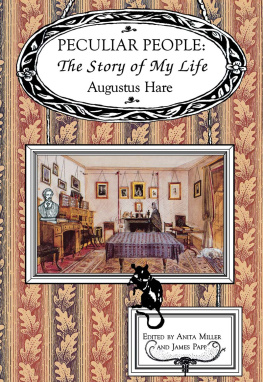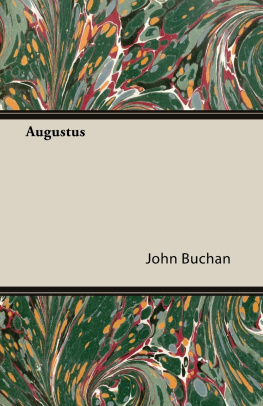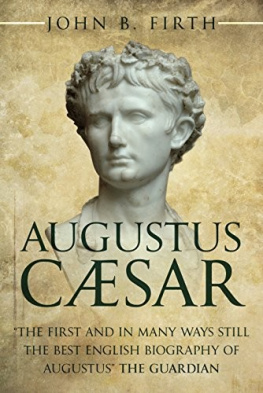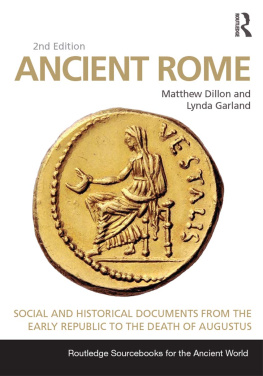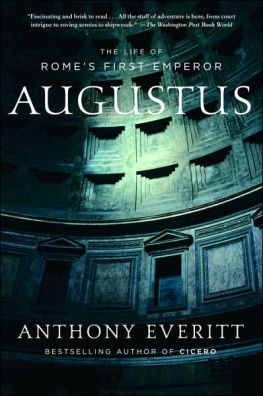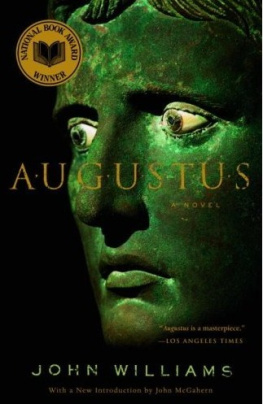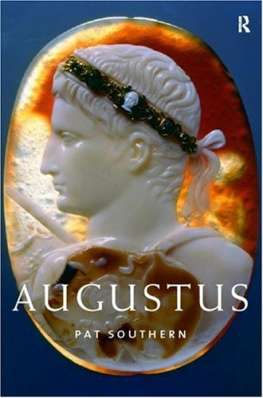INTRODUCTORY.
THE ARRIVAL IN ROME.
"A GAIN this date of Rome; the most solemn and interesting that my hand can ever write, and even now more interesting than when I saw it last," wrote Dr. Arnold to his wife in 1840and how many thousands before and since have experienced the same feeling, who have looked forward to a visit to Rome as one of the great events of their lives, as the realization of the dreams and longings of many years.
An arrival in Rome is very different to that in any other town of Europe. It is coming to a place new and yet most familiar, strange and yet so well known. When travellers arrive at Verona, for instance, or at Arles, they generally go to the amphitheatres with a curiosity to know what they are like; but when they arrive at Rome and go to the Coliseum, it is to visit an object whose appearance has been familiar to them from childhood, and, long ere it is reached, from the heights of the distant Capitol, they can recognize the well-known form;and as regards St. Peter's, who is not familiar with the aspect of the dome, of the wide-spreading piazza, and the foaming fountains, for long years before they come to gaze upon the reality?
"My presentiment of the emotions with which I should behold the Roman ruins, has proved quite correct," wrote Niebuhr. "Nothing about them is new to me; as a child I lay so often, for hours together, before their pictures, that their images were, even at that early age, as distinctly impressed upon my mind, as if I had actually seen them."
Yet, in spite of the presence of old friends and landmarks, travellers who pay a hurried visit to Rome, are bewildered by the vast mass of interest before them, by the endless labyrinth of minor objects, which they desire, or, still oftener, feel it a duty, to visit. Their Murray, their Baedeker, and their Bradshaw indicate appalling lists of churches, temples, and villas which ought to be seen, but do not distribute them in a manner which will render their inspection more easy. The promised pleasure seems rapidly to change into an endless vista of labour to be fulfilled and of fatigue to be gone through; henceforward the hours spent at Rome are rather hours of endurance than of pleasurehis cicerone drags the traveller in one direction,his antiquarian friend, his artistic acquaintance, would fain drag him in others,he is confused by accumulated misty glimmerings from historical facts once learnt at school, but long since forgotten,of artistic information, which he feels that he ought to have gleaned from years of society, but which, from want of use, has never made any depth of impression,by shadowy ideas as to the story of this king and that emperor, of this pope and that saint, which, from insufficient time, and the absence of books of reference, he has no opportunity of clearing up. It is therefore in the hope of aiding some of these bewildered ones, and of rendering their walks in Rome more easy and more interesting, that the following chapters are written. They aim at nothing original, and are only a gathering up of the information of others, and a gleaning from what has been already given to the world in a far better and fuller, but less portable form; while, in their plan, they attempt to guide the traveller in his daily wanderings through the city and its suburbs.
It must not, however, be supposed, that one short residence at Rome will be sufficient to make a foreigner acquainted with all its varied treasures; or even, in most cases, that its attractions will become apparent to the passing stranger. The squalid appearance of its modern streets, the filth of its beggars, the inconveniences of its daily life, will leave an impression which will go far to neutralize the effect of its ancient buildings, and the grandeur of its historic recollections. It is only by returning again and again, by allowing the feeling of Rome to gain upon you, when you have constantly revisited the same view, the same temple, the same picture, that Rome engraves itself upon your heart, and changes from a disagreeable, unwholesome acquaintance, into a dear and intimate friend, seldom long absent from your thoughts. "Whoever," said Chateaubriand, "has nothing else left in life, should come to live in Rome; there he will find for society a land which will nourish his reflections, walks which will always tell him something new. The stone which crumbles under his feet will speak to him, and even the dust which the wind raises under his footsteps will seem to bear with it something of human grandeur."
"When we have once known Rome," wrote Hawthorne, "and left her where she lies, like a long-decaying corpse, retaining a trace of the noble shape it was, but with accumulated dust and a fungous growth overspreading all its more admirable featuresleft her in utter weariness, no doubt, of her narrow, crooked, intricate streets, so uncomfortably paved with little squares of lava that to tread over them is a penitential pilgrimage; so indescribably ugly, moreover, so cold, so alley-like, into which the sun never falls, and where a chill wind forces its deadly breath into our lungsleft her, tired of the sight of those immense seven-storied, yellow-washed hovels, or call them palaces, where all that is dreary in domestic life seems magnified and multiplied, and weary of climbing those staircases which ascend from a ground-floor of cook-shops, cobblers'-stalls, stables, and regiments of cavalry, to a middle region of princes, cardinals, and ambassadors, and an upper tier of artists, just beneath the unattainable sky,left her, worn out with shivering at the cheerless and smoky fireside by day, and feasting with our own substance the ravenous population of a Roman bed at night, left her sick at heart of Italian trickery, which has uprooted whatever faith in man's integrity had endured till now, and sick at stomach of sour bread, sour wine, rancid butter, and bad cookery, needlessly bestowed on evil meats,left her, disgusted with the pretence of holiness and the reality of nastiness, each equally omnipresent,left her, half lifeless from the languid atmosphere, the vital principle of which has been used up long ago or corrupted by myriads of slaughters,left her, crushed down in spirit by the desolation of her ruin, and the hopelessness of her future,left her, in short, hating her with all our might, and adding our individual curse to the infinite anathema which her old crimes have unmistakeably brought down:when we have left Rome in such mood as this, we are astonished by the discovery, by-and-by, that our heartstrings have mysteriously attached themselves to the Eternal City, and are drawing us thitherward again, as if it were more familiar, more intimately our home, than even the spot where we were born."



